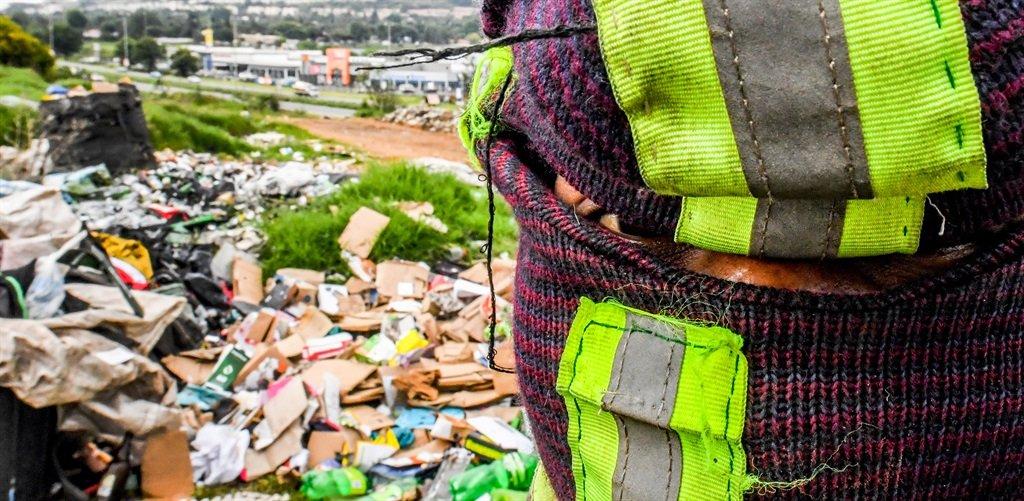Africa-Press – South-Africa. Midrand waste pickers bagged a court victory when they secured a court order compelling the City of Johannesburg to find alternative land to move them onto.
The waste pickers collect waste and sort it out for recycling.
In an order on 4 October, the Gauteng High Court in Johannesburg ruled that the City must find the waste pickers the alternative land where they could live and recycle their wares before moving them from privately owned land they’re occupying in Midrand.
Nearly 100 people are occupying the Rycloff-Beleggings land and some have been there for more than 10 years.
Rycloff-Beleggings wants to evict them to develop the land but the waste pickers approached the court in May 2019, demanding alternative accommodation.
Lockdown: Court decision a heavy blow to waste-pickers’ hopes
Judge Greg Wright ruled that the group must move to temporary accommodation from the Rycloff-Beleggings land by April 2023 on condition that the City finds them temporary accommodation and gives them a written notice in March 2023.
“Each unit [has] to be at least 24 square metres in extent, have a galvanised roof and [be] waterproof, each unit [has] to be within reasonable proximity to communal ablution facilities. There must be reasonable provision, which may be communal, for toilet facilities with water-borne sewerage, [and] there must be reasonable provision, which may be communal, for fresh water,” Wright ordered.
The order also stated that the land must be where the waste pickers can “live at night and [be] there lawfully and safely [to] sort the reclaimed waste, and from where they can reasonably go during the day to use their flat-bed trollies lawfully and safely to collect waste”.
They should also be transported to the temporary accommodation free of charge, the judge added,
The waste pickers’ attorney, Khululiwe Bhengu from the Socio-Economic Rights Institute, said they were happy with the ruling.
“It is what we were looking for. The law was always that before being evicted, you must be given temporary accommodation. ”
“It didn’t have to take into account how you make a living. For these people, if they were moved to flats, they can’t work. It is unfair to move them to a place [where] they can’t afford basic living,” Bhengu added.
For More News And Analysis About South-Africa Follow Africa-Press






